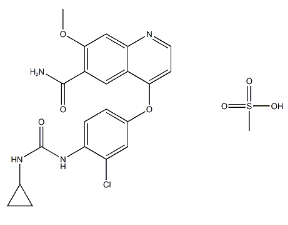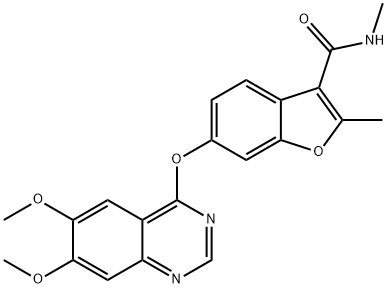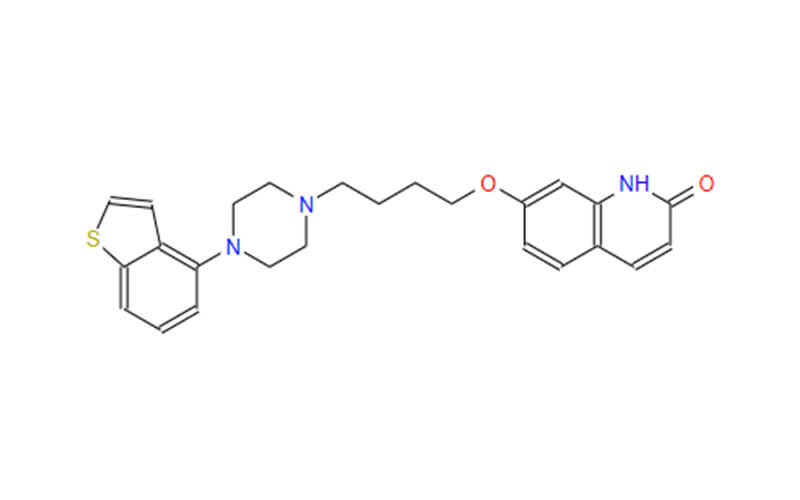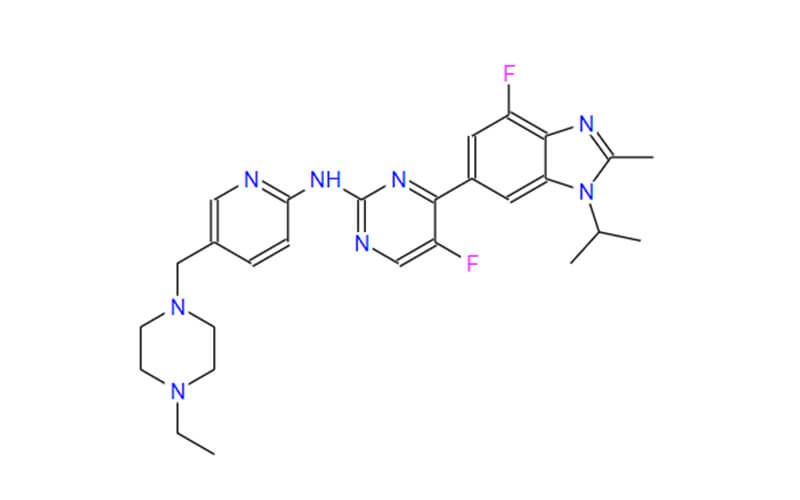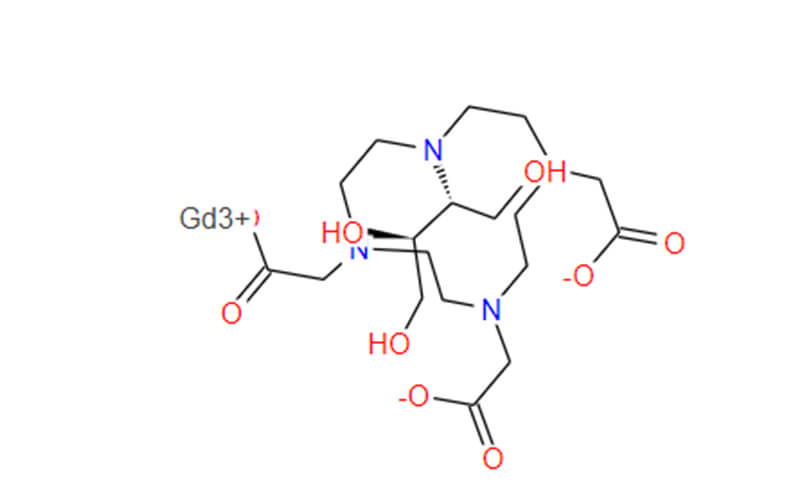How Axitinib Acts as A Targeted Therapy for Advanced Kidney and Liver Cancer
Axitinib, sold under the trade name Inlyta, is a tyrosine kinase inhibitor (TKI) that belongs to a class of targeted cancer therapies. This medication is designed to interfere with the growth and spread of cancer cells by inhibiting specific enzymes and signaling pathways essential for their survival. Axitinib was first approved by the U.S. Food and Drug Administration (FDA) in 2012, and since then, it has played a crucial role in the treatment of certain types of cancer. This article explores the world of axitinib, delving into its mechanism of action, its uses in medical practice, the various dosage forms and strengths available, the most common side effects, and the average cost of this medication. By the end of this comprehensive guide, you will have a better understanding of axitinib and its role in modern healthcare.
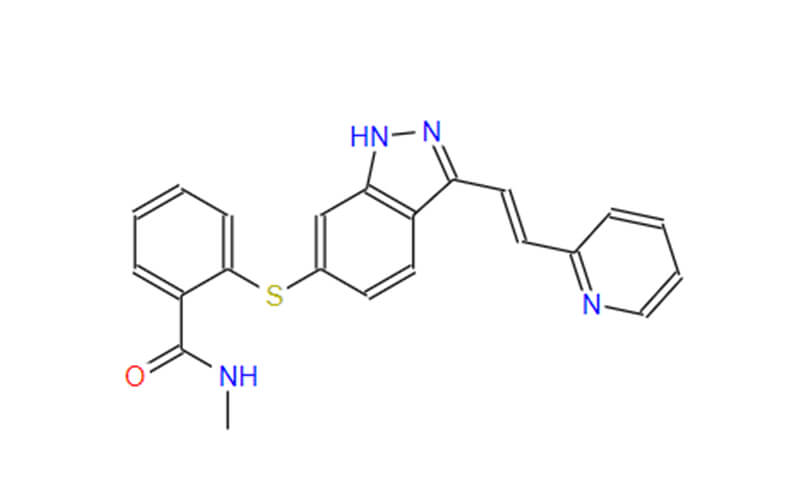
How Does Axitinib Work?
Axitinib‘s mechanism of action is rooted in its ability to target and inhibit specific enzymes known as receptor tyrosine kinases (RTKs). These enzymes play a pivotal role in the signaling pathways that regulate cell growth, angiogenesis (the formation of new blood vessels), and tumor progression.
Axitinib primarily targets two key RTKs, vascular endothelial growth factor receptors (VEGFR) and platelet-derived growth factor receptors (PDGFR). By blocking these receptors, axitinib disrupts the signaling cascades that promote cancer cell proliferation and angiogenesis. This, in turn, hinders the tumor’s ability to acquire the necessary nutrients and oxygen for growth and metastasis.
Furthermore, axitinib can be particularly effective in treating renal cell carcinoma (RCC), a type of kidney cancer. RCC is often associated with abnormal blood vessel formation in the tumor, making VEGFR inhibition a valuable therapeutic strategy.
What is Axitinib(Inlyta) Used For?
Axitinib is primarily used in the treatment of advanced renal cell carcinoma (RCC), a common form of kidney cancer. RCC is known for its resistance to chemotherapy and radiation therapy, making targeted therapies like axitinib an essential option for patients.
Axitinib is typically prescribed when other treatments, such as interleukin-2 or interferon-alpha, have proven ineffective or when the cancer has progressed beyond earlier stages. In such cases, axitinib can help slow down the disease’s progression and improve the patient’s quality of life by reducing tumor growth and delaying the need for more aggressive interventions.
In addition to RCC, axitinib has shown promise in clinical trials for the treatment of other malignancies, including hepatocellular carcinoma and thyroid cancer. However, its primary use remains in advanced RCC.
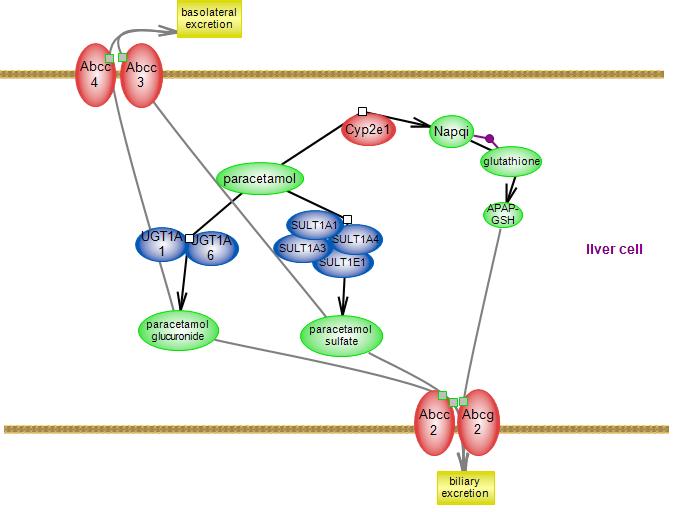
Different Dosage Forms and Strengths of Axitinib
Axitinib is available in the form of oral tablets, and its strength is measured in milligrams (mg). The standard dosage strengths of axitinib tablets are 1 mg and 5 mg. The appropriate strength and dosage regimen are determined by the patient’s healthcare provider based on factors such as the specific type and stage of cancer, the patient’s overall health, and any pre-existing medical conditions.
Patients should follow their healthcare provider’s instructions carefully when taking axitinib. The tablets are usually taken once or twice daily, with or without food, as directed by the healthcare professional. It is essential to take axitinib at the same time each day to maintain consistent blood levels and maximize its effectiveness.
Common Side Effects of Axitinib
Like any medication, axitinib is associated with a range of potential side effects. It is important to note that not all patients will experience these side effects, and their severity can vary from person to person. Common side effects of axitinib may include:
- High blood pressure (hypertension): Axitinib can increase blood pressure in some patients. Regular monitoring and management are essential to prevent complications.
- Diarrhea: Gastrointestinal issues, including diarrhea, can occur. Maintaining hydration and discussing remedies with a healthcare provider can help manage this side effect.
- Fatigue: Axitinib may cause fatigue or weakness. Patients should prioritize rest and speak with their healthcare provider if fatigue becomes severe.
- Loss of appetite: Some individuals may experience a reduced appetite while taking axitinib. Maintaining proper nutrition is vital during cancer treatment.
- Hand-foot syndrome: This condition can lead to redness, swelling, and pain in the palms of the hands and soles of the feet. Proper foot care and seeking medical advice can help manage this side effect.
- Nausea and vomiting: Nausea and vomiting may occur, but these symptoms can often be managed with antiemetic medications.
- Headache: Headaches are a less common side effect but can occur in some patients.
- Voice changes: Hoarseness or voice changes can occur, which should be reported to the healthcare provider.
It is crucial for patients to promptly report any side effects to their healthcare provider, as they can provide guidance on managing these symptoms and may adjust the treatment plan if necessary.
The Average Price of Axitinib
The cost of axitinib can vary significantly based on various factors, including the patient’s location, insurance coverage, and the specific dosage and strength prescribed. Additionally, prices may fluctuate over time due to changes in the pharmaceutical market. On average, a month’s supply of axitinib can range from several hundred to over a thousand dollars, making it a costly medication for many patients.
To make axitinib more affordable, patients can explore options such as insurance coverage, government assistance programs, or patient assistance programs offered by pharmaceutical companies. It is advisable to consult with a healthcare provider and a pharmacist to explore available financial support options.
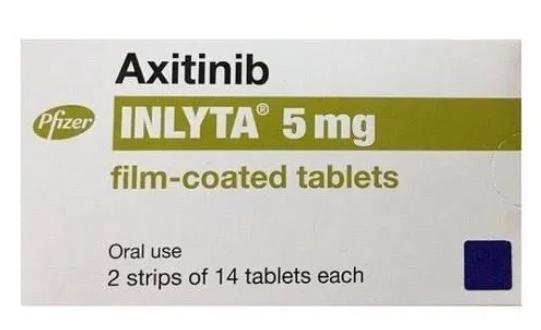
Conclusion
Axitinib (Inlyta) is a targeted cancer therapy that has transformed the treatment landscape for advanced renal cell carcinoma (RCC). Its mechanism of action, use in the management of RCC, available dosage forms and strengths, common side effects, and cost have all been discussed in this comprehensive guide.

